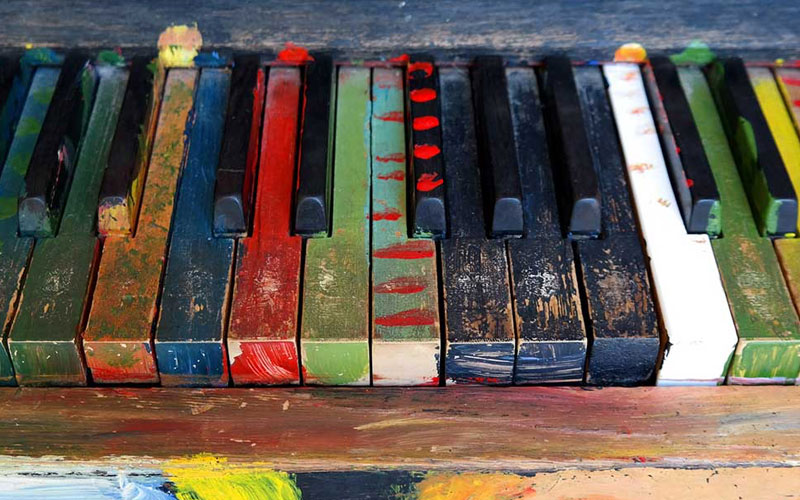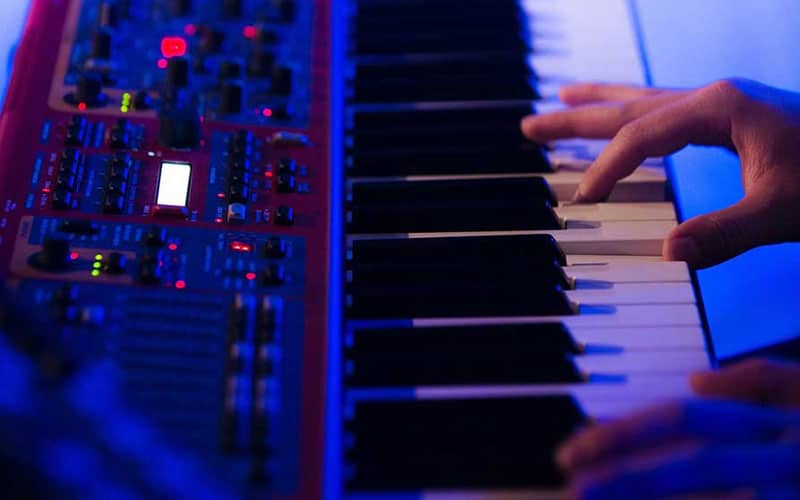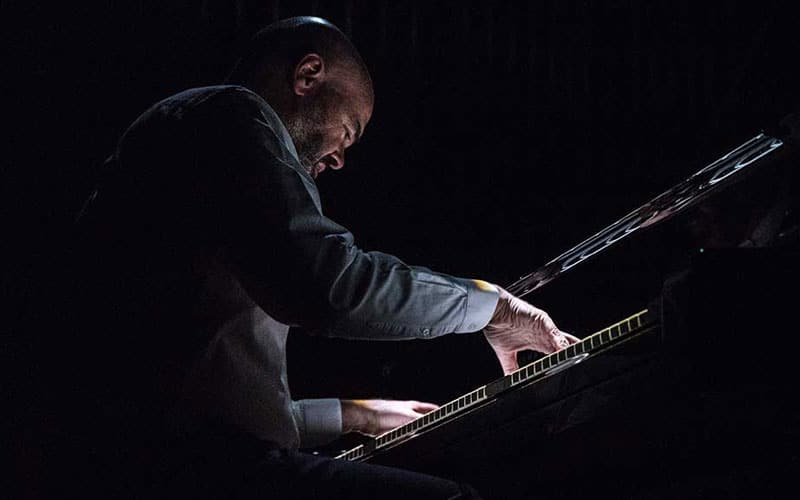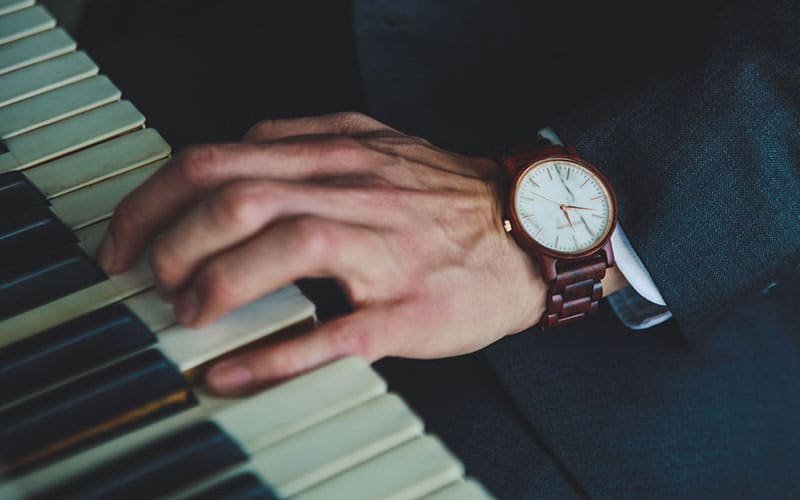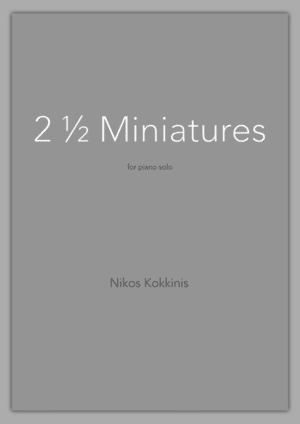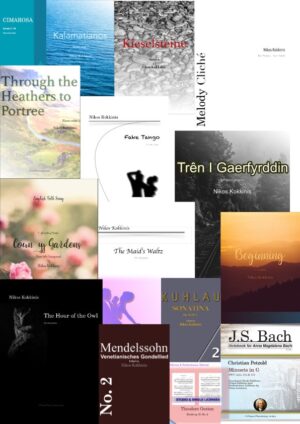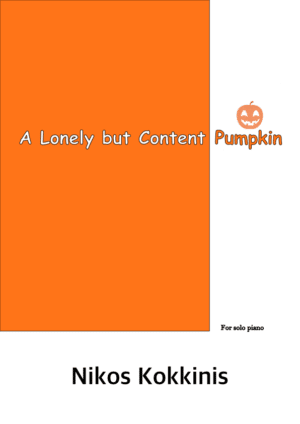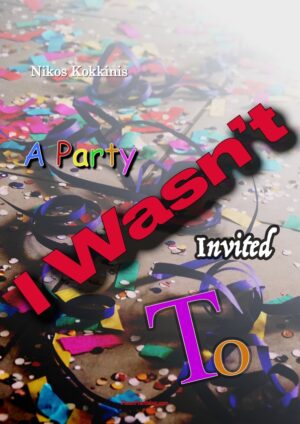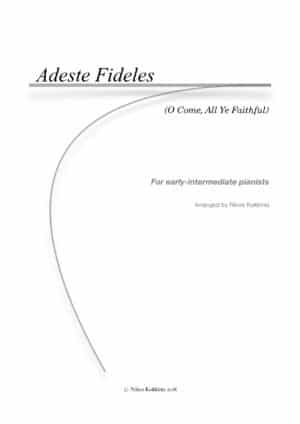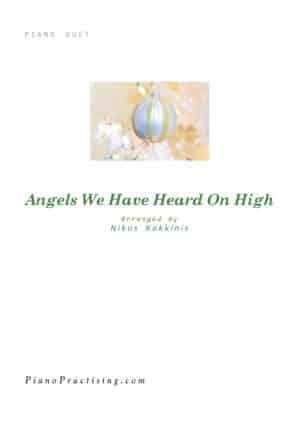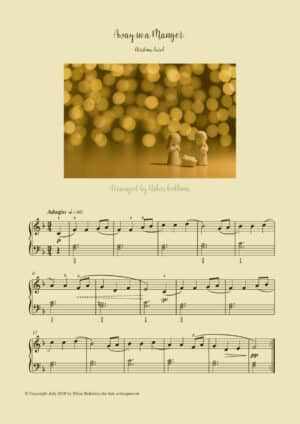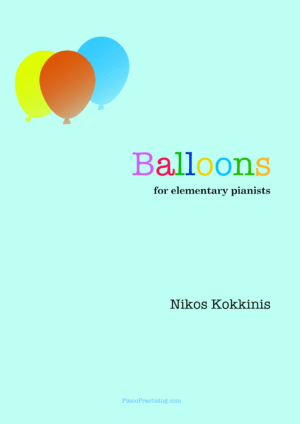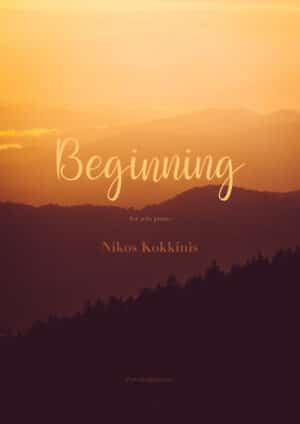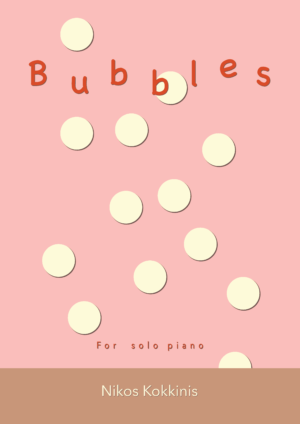Acoustic piano or digital? This is a question that pops ups very often in our piano lives.
Whenever you want to do anything in your life, be it learning a hobby, studying for a degree or even choosing which pencil to write with, you ought it to yourself to use the best tools available.
In order to do music, and in our case piano, you need to choose a real, acoustic piano, and NOT a digital imitation. To put it simply, it’s better to buy the worst upright around than throwing your money down the drain by buying a fake piano.
By buying a digital keyboard, I’m not even willing to call it a piano as you can see, you accept from the beginning that your goal of learning the piano is not going to happen. You might as well say to your friends that you are studying the synthesizer.
I am terribly sorry for being so bold and perhaps harsh towards your dreams, but I have a responsibility through this website to state the facts and I want you people to succeed. If you want me to say that your 3000 dollars digital synthesizer can make you a pianist and that you haven’t actually wasted your hard-earned money, then it’s better to leave this website at once and go to play the lottery. Because, there’s a billion more chances to hit the jackpot in this week’s lottery draw than becoming a pianist by “studying piano” using a digital keyboard. Did I make that clear enough?
But I Cannot Afford It
I’m tired of hearing people say that they cannot afford a proper piano, and I don’t mean necessarily a grand one. Sorry to all teachers reading this but we have a duty to really explain how things work in music to our pupils. “It’s too expensive”, people constantly moan. Well, that’s life I’m afraid. I got my second upright piano by renting it for a couple of years and then buying it by paying reasonable monthly installments. And yes, by saving and making sacrifices. Do you know how much money I saved by doing that down the line? Thousands…
I simply cannot accept that a person who wants to study the art of piano cannot make a few sacrifices in order to be able to buy a proper instrument. Nowadays, with just a couple of thousands of dollars you can have a brand new upright anyway, regardless of brand, which is a million times better than a digital. And yes, you do have to make priorities in your life if you really can’t afford it. For instance, you don’t actually need to go to that summer holiday that costs 700 dollars, and go to the one that costs 500. Or, you could cut down on the amount of money spending eating out. You could also reduce the coffees that you buy from that famous local coffee place. (Let me elaborate: By cutting down on a cup of coffee that costs 2 dollars per day, you could save 10 dollars on a five-day working week or 40 dollars a month or around 500 dollars a year. Why would you spend 500 dollars a year on water with sugar and some brown thing in it, is beyond me. Instead you could save this money for buying a lovely second hand piano or a better stool. No excuses here.
For some people, and to be honest there are a few, that cannot afford to spend those few hundred dollars to buy a second hand piano no matter how much they try, there are always places that have pianos and would happily let people to practice on the them. There are always opportunities in order to relish the excitement of practicing on a real piano.
Depreciation
Another problem of starting the piano by firstly buying a digital piano-simulator is that you postpone actually learning because you subconsciously do not want your “investment” to depreciate too quickly. So, you say to yourself, “I promise I’m going to buy that piano next year for me or for my child”, and you never do. And then, by the time you decide to actually do it, your child decides that would like to learn the banjo instead.
Piano sellers would love to hear the words “I’d like to buy a digital piano” and will bend over backwards to accommodate your request, because they know that you’ll soon return willing to buy a real piano in a couple of years. It’s easy to defend a digital keyboard too, since, apparently, fits more easily in a room some people might argue. (Really? The size of the keyboard is the same and you will probably need the same amount of space to keep it in a room). You can also decrease its volume at nights some will say, therefore, fewer opportunities for you to experience the real body of sound produced by an acoustic instrument, so as to improve. So, once again, more money down the drain.
The Illusion
“But my teacher said that I can start with a digital piano and then, if things go well, I can move on to an acoustic piano” I hear you say. Well, he’s wrong I’m afraid, and the worst thing is, he probably knows it. Because, let’s face it, we all have faced the same dilemma in the past. “Shall I tell my student the truth and ask them firmly to buy an acoustic piano, or make them happy today by telling them that they would do just fine by buying a keyboard for now?”
Tools Of The Trade
Buying a digital piano is like trying to win Wimbledon by using a toy racket that weighs 10 kilos. It’s never going to happen no matter who is playing with it. You could argue that this or the other tennis player could potentially hit a couple of successful backhands, but rest assured that he is definitely going to lose the match down the line. You can’t compete on the tennis court by playing with a toy-racket. The same applies to piano. You can’t compete on the piano “court” using a digital imitation.
Piano is hard as it is and the need for understanding the mechanics used to make it sing, is imperative, and I’m afraid, those mechanics cannot be replicated by today’s digital simulators; maybe it will happen in ten years, maybe in twenty years, when scientists find a way to do it properly. The piano is too far apart from a digital keyboard. The touch is different, the after-touch is different, the pedal is different, the harmonics are non-existent, the velocity doesn’t make sense; everything is different, but to the worst.
So, what if I decide that I don’t want to carry on studying the piano, what am I going to do with it?
Well, it’s better to get stuck with an “analogue” piece of historical evolution in your house, than with a fake, plasticky piece of… plastic that occupies the same space. The choice is yours. And at the same time, the expensive “designer” bag that you happily bought rots in the closet unused. That’s great isn’t it?
The Ultimate Goal
The point of doing art or sports or whatever, is to feel enriched by the experience. I think that even an aged piano that has not been looked after for decades can sing beautifully and can tell us its wonderful story with honesty and poise.
You need to make priorities in your life. If you thing that the latest mobile or the luxury holiday or a pair of designer shoes is a bigger priority now than studying the piano properly, that’s fine. Nobody can blame you because what is important in life sometimes could be subjective. I just believe that in the case of learning the piano, you are better off with a proper instrument. And I think that you can still make do with a cheap mobile or a holiday in your nearest village or a pair of shoes from the local flea market.
So, whatever you do in life, just make sure you do it properly. Life’s too short to not experience the best in whatever we do, if we can.
Thanks for reading.
=========
Copyright © by Nikos Kokkinis
Did you like this article? Please, subscribe for more & don’t forget to visit our shop for some very interesting music!
